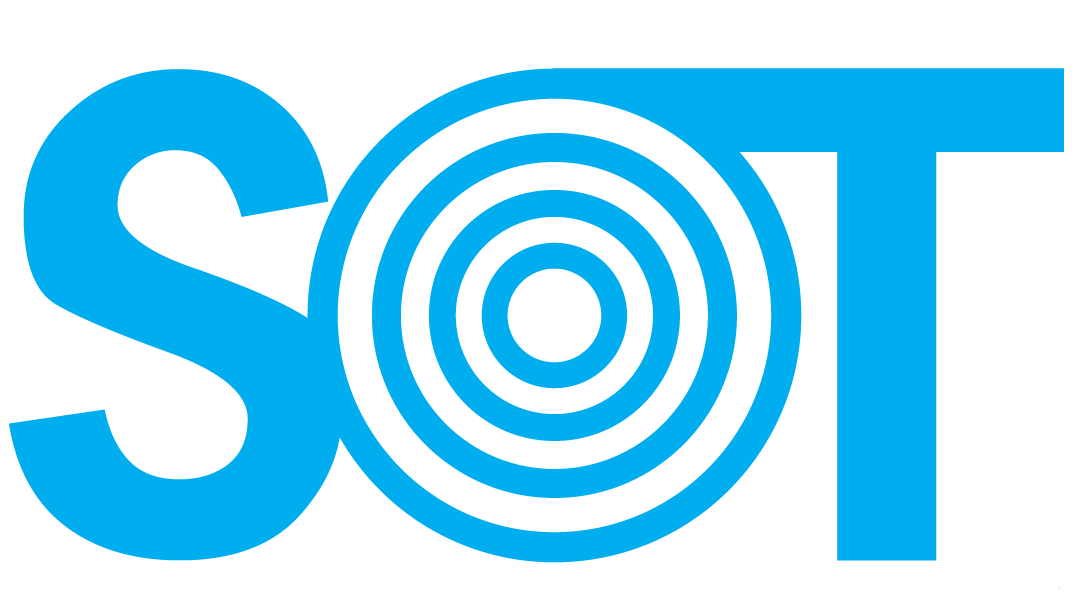The global educational space has become a battleground for vested interest groups. Governments, non-governmental agencies, and the private sector, including the world’s largest technology corporations are all vying for influence and the right to decide which skills and competencies should or should not be embedded in a curriculum model. Moreover, the competing curriculum content of international and national examination boards are largely developed without any consideration to the existential realities of children, communities, and societies. China blames Hong Kong’s liberal education system for the pro-democracy movement. Hungary has rewritten its national curriculum to reflect a populist nationalism, as have Pakistan and India. The current US administration has threatened to withdraw funding from schools they perceive as being associated with the ‘radical left’. In amongst these controversial debates, the voices of reason often prevail. One voice, in particular, that of the late Sir Ken Robinson, has made a significant contribution to the debates on education transformation. This dimension will include a tribute to his lifetime service to education and his vision on new paradigms of learning.
1
The fact is, given the challenges we face, education doesn’t need to be reformed, it needs to be transformed” (Sir Ken Robinson). Is there the will to transform education?
2
Are children becoming pawns in the nationalistic and cultural wars being fought within the global educational landscape?
3
How will any society adapt itself to a digitalized educational future in which little can be kept ‘private’, and competencies and skills become driven by corporatism?
4
Will rapid advancements in online learning platforms pose a risk to the validity, reliability and integrity of education, and educational assessments? Or will they open up a world of knowledge and understanding for everyone regardless of social class, race, religion and gender?
5
What evidence is there that e-learning, online learning, and television school produce measurable outcomes on student learning equal to or better than classroom learning?
6
Have international examination boards failed in their role as guardians of global assessment practices and principles, and as the arbiters of how students are assessed after 10 or 12 years of education?



